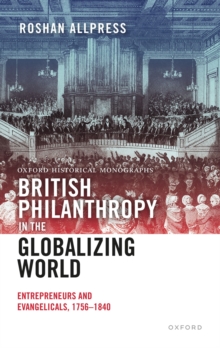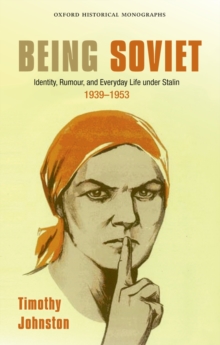
Bayle, Jurieu, and the Dictionnaire Historique et Critique PDF
by Mara van der Lugt
Part of the Oxford Historical Monographs series
Description
Bayle, Jurieu and the Dictionnaire Historique et Critique presents a new study of Pierre Bayle's Dictionnaire Historique et Critique (1696), with special reference to Bayle's polemical engagement with the theologian Pierre Jurieu. While recent years have seen a surge of interest in Bayle, there is as yet no consensus on how to interpret Bayle's ambiguous stance on reason and religion, and how to make sense of the Dictionnaire: althoughspecific parts of the Dictionnaire have received much scholarly attention, the work has hardly been studied as a whole, and little is known about how the Dictionnaire was influenced by Bayle's polemic with Jurieu. This volume aims to establish a new method for reading the Dictionnaire, under a dual premise: first, that the work can only be rightly understood when placed within the immediate context of its production in the 1690s; second, that it is only through an appreciation of the mechanics of the work as a whole, and of the role played by its structural and stylistic particularities, that we can attain an appropriate interpretation of its parts.
Special attention is paid to the heatedtheological-political conflict between Bayle and Jurieu in the 1690s, which had a profound influence on the project of the dictionary and on several of its major themes, such as the tensions in the relationship between the intellectual sphere of the Republic of Letters and the political state, but also the dangerof religious fanaticism spurring intolerance and war.
The final chapters demonstrate that Bayle's clash with Jurieu was also one of the driving forces behind Bayle's reflection on the problem of evil; they expose the fundamentally problematic nature of both Bayle's theological association with Jurieu, and his self-defence in the second edition of the Dictionnaire.
Information
-
Download - Immediately Available
- Format:PDF
- Pages:336 pages
- Publisher:OUP Oxford
- Publication Date:17/03/2016
- Category:
- ISBN:9780191081767
Information
-
Download - Immediately Available
- Format:PDF
- Pages:336 pages
- Publisher:OUP Oxford
- Publication Date:17/03/2016
- Category:
- ISBN:9780191081767










